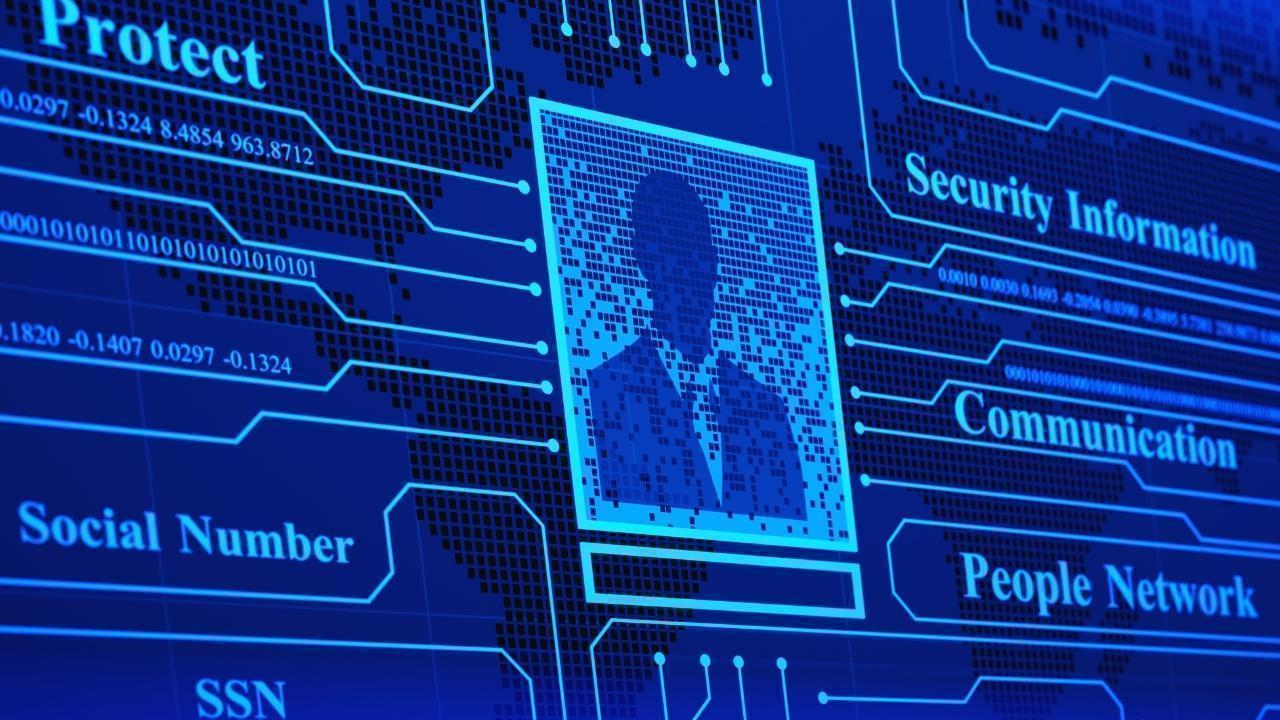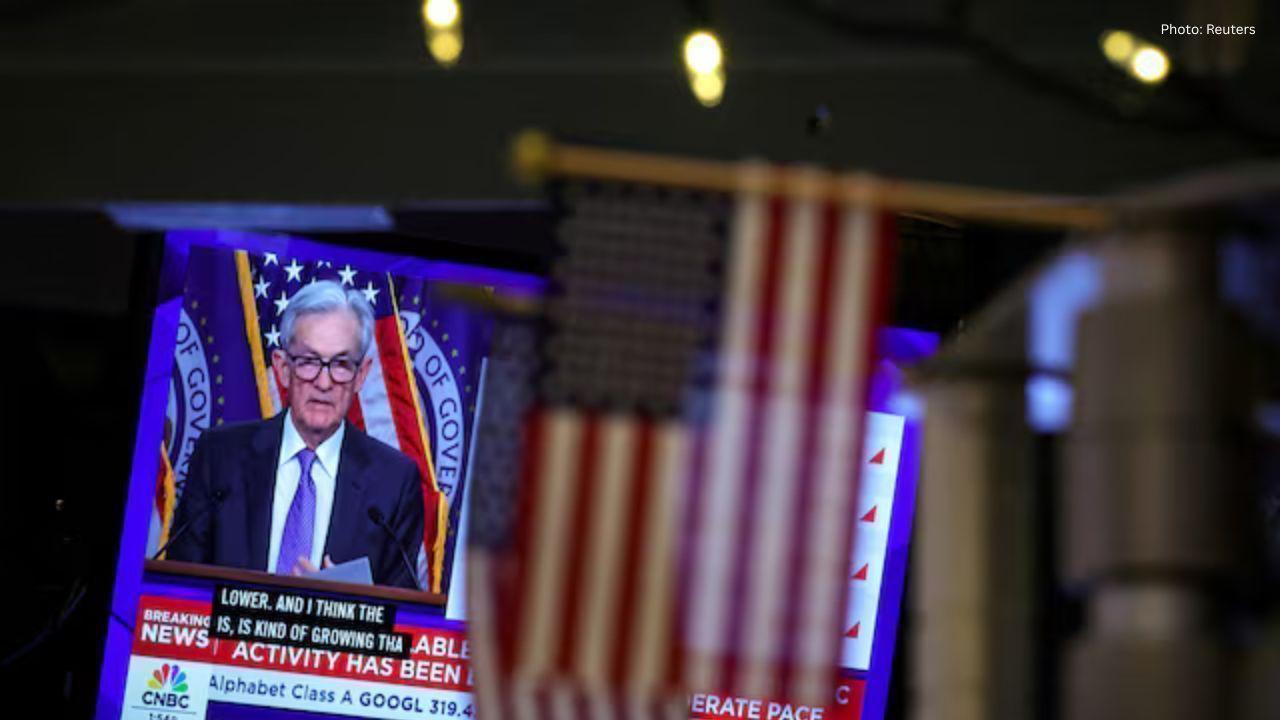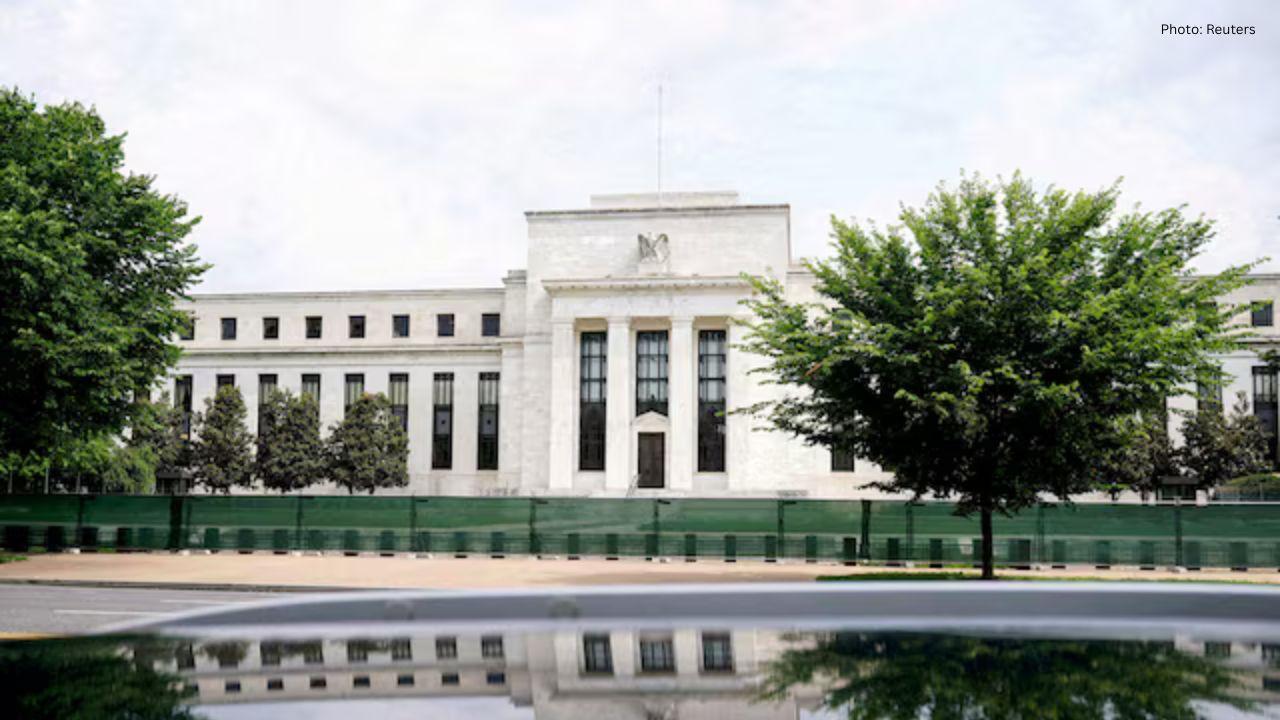You have not yet added any article to your bookmarks!

Join 10k+ people to get notified about new posts, news and tips.
Do not worry we don't spam!

Post by : Anis Farhan
The digital world has never been more interconnected—or more vulnerable. Every click, transaction, or message leaves behind a trail of data, and with that data comes risk. Cyberattacks have become increasingly sophisticated, ranging from ransomware and phishing to state-sponsored hacking campaigns. For businesses, governments, and individuals alike, protecting digital assets has become a battle of wits against adversaries who are constantly evolving their tactics. Into this complex battleground steps artificial intelligence (AI), a powerful tool now being hailed as the new watchdog of the digital age.
AI is not just speeding up traditional cybersecurity systems; it is redefining the way threats are identified and neutralized. By analyzing vast amounts of data in real time, AI systems can detect suspicious behavior faster than human experts, anticipate risks before they unfold, and even automate responses to contain attacks. However, the rise of AI in cybersecurity also brings new challenges—questions of privacy, bias, and dependence on machines for decisions that once required human judgment.
For decades, cybersecurity relied on human-driven models: firewalls, antivirus software, and teams of analysts working tirelessly to block malicious activity. But today’s cyber threats are not only more numerous but also far more advanced. Hackers use machine learning, automation, and even their own AI tools to exploit weaknesses faster than ever. Traditional defense systems, though still valuable, are often reactive rather than proactive.
AI has entered this landscape as a game-changer. Unlike humans, AI does not tire, does not overlook patterns, and can handle petabytes of data in seconds. It can adapt to changing attack methods and spot anomalies that traditional systems may ignore. This shift has given cybersecurity a new dimension—where technology does not just follow rules but learns and evolves.
AI’s role in cybersecurity is rooted in its ability to learn from patterns and data. Through machine learning algorithms, AI systems analyze network activity, identify unusual behavior, and predict possible threats. These systems are not simply programmed to block known viruses; they can anticipate attacks by recognizing signals that suggest malicious intent.
For instance, an AI system might detect a login attempt from an unusual geographic location, notice a user downloading files at odd hours, or flag a series of failed password attempts. Unlike traditional alerts that could overwhelm security teams, AI prioritizes these anomalies and even recommends actions—whether that’s locking an account, isolating a device, or alerting a human analyst.
This watchdog role extends beyond businesses. Governments are increasingly relying on AI to protect critical infrastructure such as power grids, hospitals, and transportation networks, where a single breach could have devastating consequences.
One of AI’s most significant advantages in cybersecurity is predictive capability. Using historical attack data, AI systems build models that forecast potential vulnerabilities. Instead of reacting to a breach after it happens, AI empowers organizations to strengthen weak points in advance.
Consider ransomware, one of the most feared cyber threats in recent years. AI can recognize the early signs of ransomware deployment, such as unusual file encryption patterns, and stop the attack before it spreads across a network. Similarly, predictive models can alert companies when hackers are probing their systems, allowing them to patch gaps before an intrusion occurs.
This shift from defense to anticipation is transforming cybersecurity from a reactive field into a proactive one.
While AI offers remarkable capabilities, it is not without risks. Overreliance on AI could leave organizations vulnerable if the systems themselves are compromised. Hackers are already experimenting with adversarial AI—manipulating algorithms to bypass detection or generate false alerts.
Another challenge lies in bias. AI is only as effective as the data it learns from. If training data is limited or skewed, the AI may fail to recognize certain threats or may wrongly flag benign activity as suspicious. Such errors can lead to wasted resources, or worse, overlooked attacks.
Privacy is another pressing concern. AI systems often require access to massive amounts of personal and organizational data to function effectively. This raises ethical questions about surveillance, data handling, and the potential misuse of sensitive information.
The rise of AI has sparked debates over whether human cybersecurity experts will eventually be replaced. The reality is more nuanced. AI excels at repetitive, high-volume tasks, but it lacks the intuition, creativity, and contextual understanding that humans bring. For example, deciding whether a potential breach has political implications or could escalate into a larger attack requires human judgment.
Rather than replacing professionals, AI is augmenting their roles. By handling routine monitoring and analysis, AI frees up experts to focus on strategy, investigation, and policy. The partnership between human analysts and AI tools represents the most effective model—where machines provide speed and scale, and humans bring insight and ethical oversight.
AI’s integration into cybersecurity is no longer theoretical. Major companies and governments have already deployed AI-driven security tools with notable success. Financial institutions use AI to monitor billions of transactions daily, flagging suspicious activity in real time to prevent fraud. Healthcare providers use it to secure sensitive patient data against breaches.
Even on personal devices, AI is at work. Smartphones now include AI-powered features that detect phishing attempts in emails, warn users about unsafe websites, and block malicious downloads. These consumer-level protections demonstrate how AI is becoming part of everyday digital safety.
As digital threats evolve, so too will AI. Experts predict that future systems will not only detect and respond to attacks but also learn from each incident to improve defenses autonomously. This self-learning capability could make AI an ever-vigilant watchdog, adjusting in real time to the shifting tactics of hackers.
We may also see AI collaborating across borders, with systems sharing threat intelligence globally to create a unified defense network. However, this interconnected approach will require careful governance to balance security with privacy and international trust.
At the same time, society will need to prepare for new risks, such as cybercriminals creating AI-driven malware capable of adapting to defenses as quickly as they are built. The arms race between cybersecurity and cybercrime is unlikely to end, but AI ensures defenders will have a powerful ally.
AI in cybersecurity represents both an evolution and a revolution. It has shifted defense from reactive to predictive, offering unmatched speed and accuracy in identifying threats. At the same time, its rise raises questions about dependence, bias, and privacy that cannot be ignored.
The most promising future lies in collaboration—where AI handles the heavy lifting of analysis and monitoring, while human experts guide strategy, judgment, and ethics. In this balance, AI will not replace human watchdogs but rather become their most reliable partner. In a world where every device, system, and transaction is a potential target, these digital watchdogs may well prove to be the guardians we cannot live without.
This article is for informational purposes only and does not constitute cybersecurity advice. Readers are encouraged to consult qualified experts for specific security solutions.










Rashmika Mandanna, Vijay Deverakonda Set to Marry on Feb 26
Rashmika Mandanna and Vijay Deverakonda are reportedly set to marry on February 26, 2026, in a priva

FIFA Stands by 2026 World Cup Ticket Prices Despite Fan Criticism
FIFA defends the high ticket prices for the 2026 World Cup, introducing a $60 tier to make matches m

Trump Claims He Ended India-Pakistan War, Faces Strong Denial
Donald Trump says he brokered the ceasefire between India and Pakistan and resolved eight wars, but

Two Telangana Women Die in California Road Accident, Families Seek Help
Two Telangana women pursuing Master's in the US died in a tragic California crash. Families urge gov

Ranveer Singh’s Dhurandhar Roars Past ₹1100 Cr Worldwide
Ranveer Singh’s Dhurandhar stays unstoppable in week four, crossing ₹1100 crore globally and overtak

Asian Stocks Surge as Dollar Dips, Silver Hits $80 Amid Rate Cut Hopes
Asian markets rally to six-week highs while silver breaks $80, driven by Federal Reserve rate cut ex